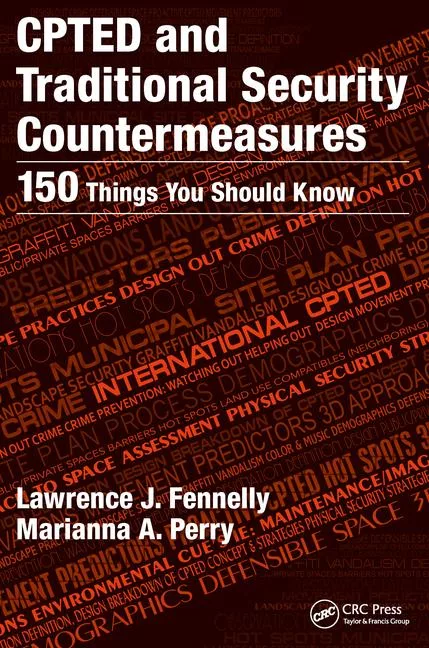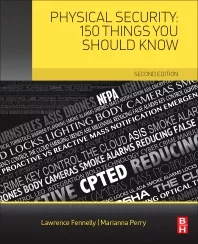Would You Flunk a Cybersecurity Test?
When asked seven questions related to cybersecurity during an AARP survey, 45 percent of respondents (aged 18 and older) failed the quiz, answering just four or fewer questions correctly.
Some of the important information Americans are lacking revolves around free Wi-Fi use, password best practices and account monitoring.
Sixty-one percent of American adult Internet users surveyed do not have online access to all of their bank accounts, and 71 percent say they do not have online access to their credit card accounts. Half of users who set up online access to their banking accounts haven’t changed their passwords in the past three months, and 10 percent have never changing their online banking password.
Among those who access the Internet with a smartphone, just one in four say they do not have a passcode on that phone. Almost a third of users ages 50 and older do not have a passcode on their phone.
Twenty-seven percent of survey-takers say their used free public Wi-Fi to do their banking or purchase a product with a credit card in the last three months. While 24 percent of Americans who access the Internet say free public Wi-Fi is not at all safe, 37 percent indicate using it at least once a month, with 25 percent using it at least once a week.
Online activities are not the only ways users can lose control of their digital identities, however. The report shows that 61 percent of respondents say that, in the last three months, they have left a purse or wallet, checkbook, personal mail, cellphone, GPS unit or laptop on their cars, putting them at risk for both physical and identity theft.
Looking for a reprint of this article?
From high-res PDFs to custom plaques, order your copy today!






